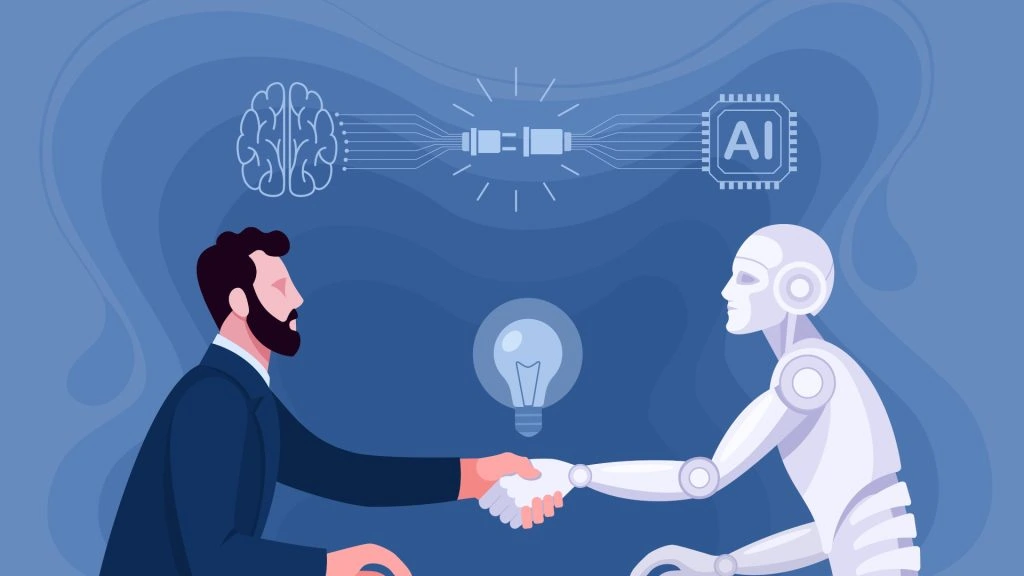“AI fluency will be one of the most important skills for employees in the future. They must be able to understand artificial intelligence, use it effectively and critically assess its impact. Dell Technologies explains how this can be achieved.
Artificial intelligence will change our working world forever – practically everyone agrees on that. This is also confirmed by the latest “Innovation Catalyst Research” study by Dell Technologies. In it, 78% of the German IT and business managers surveyed are convinced that AI will revolutionize entire industries. They attribute particularly high potential to it for increasing productivity and optimizing the customer experience.
Artificial intelligence is already integrated into many everyday tools and supports employees with emails, word processing and video conferencing. In the foreseeable future, it will spread across other tools and processes and become ubiquitous in our working world. AI fluency, i.e. the ability to understand and effectively use artificial intelligence and its tools, will therefore become an increasingly important skill for employees.
Dell Technologies gives companies tips on how they can ensure that their employees “speak AI”.
1. communicate the strategic importance.
Companies should explain the benefits of AI to their employees and show how it helps the organization to achieve its goals. How can AI specifically improve day-to-day work and increase productivity? The best way for companies to demonstrate the progress and positive effects is to select two or three particularly effective AI applications and implement them on a broad basis.
2. encourage experimentation.
As is always the case when it comes to applying new technologies and developing innovations, a culture of experimentation is also required for the use of AI. Only then can employees successfully find new approaches to solving problems with AI and exploit the full potential of this technology. To do this, they must feel the trust of the company management and have the certainty that ignorance, mistakes or failures are not a problem.
3. offer suitable instruments.
In order to experiment, employees need the necessary equipment. This naturally includes AI applications that offer them the potential to automate their daily processes and tasks or improve the customer experience. To use this software, however, suitable hardware is logically also required. Employees need end devices that have sufficient computing power, RAM and hard disk space for the development and use of AI.
4. continuous training.
AI tools and the use cases of artificial intelligence are constantly evolving. Companies can keep their employees up to date by continuously communicating, training and qualifying their employees. It is important to explain not only the possibilities, but also the risks. Companies should therefore establish clear guidelines for the responsible use of AI.
Overall, Dell Technologies believes that a culture of innovation is required, which companies should cultivate anyway. This also creates an optimal environment for artificial intelligence, which is characterized by transparent information and plenty of room for experimentation with new tools. With this combination, companies can unleash the full potential of artificial intelligence and derive maximum benefit from this technology.





